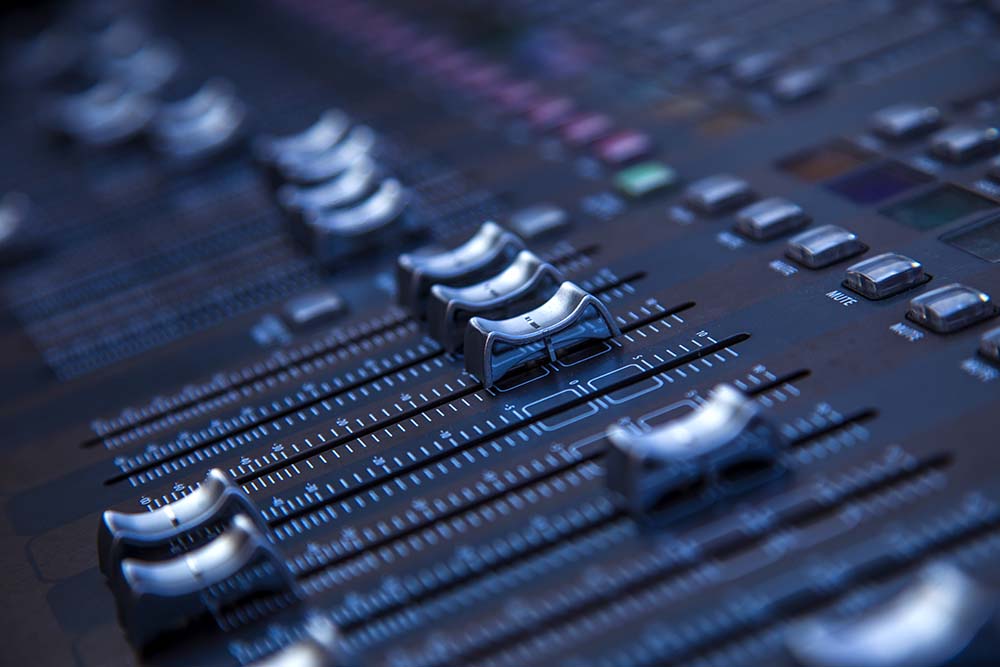Each tune's eq may appear ideal by itself, but if you series them together, suddenly one tune sounds too brilliant (or too dull ...). Pointer # 1: keep in mind that any eq changes to your stereo mix impact the whole mix - if you desire to cut 3 db at 80Hz because your mix sounds muddy, keep in mind to check how that impacts all the instruments (e.g. the vocal), not just the bass guitar and kick drum. Compression: In mastering, this is utilized not just to manage a mix or to add character, however also to "print" or send out as much level to the master as possible without clipping the signal.
Spacing & Crossfading.
Spacing: there are different approaches as to how one need to approach the spaces put in between tunes on a record. Last suggestion: you might be inclined to master the very same recordings that you mixed, whether it is for monetary factors, creative reasons, or simply because you can. We strongly suggest that you get somebody else to master your task.
Typical areas of issue for a mastering engineer are: equalization (eq), compression, levels (volume) relative from one tune to the next, and spacing in between tunes. Or you may have ten tunes blended by three different engineers in 5 various studios.
Each song's eq may appear best by itself, but if you sequence them together, all of a sudden one tune sounds too bright (or too dull ...). Suggestion # 1: keep in mind that any eq modifications to your stereo mix impact the entire mix - if you want to cut 3 db at 80Hz since your mix sounds Free Type Beat Hip Hop muddy, keep in mind to examine how that affects all the instruments (e.g. the vocal), not just the bass guitar and kick drum. Compression: In mastering, this is used not just to manage a mix or to include character, however also to "print" or send as much level to the master as possible without clipping the signal.
